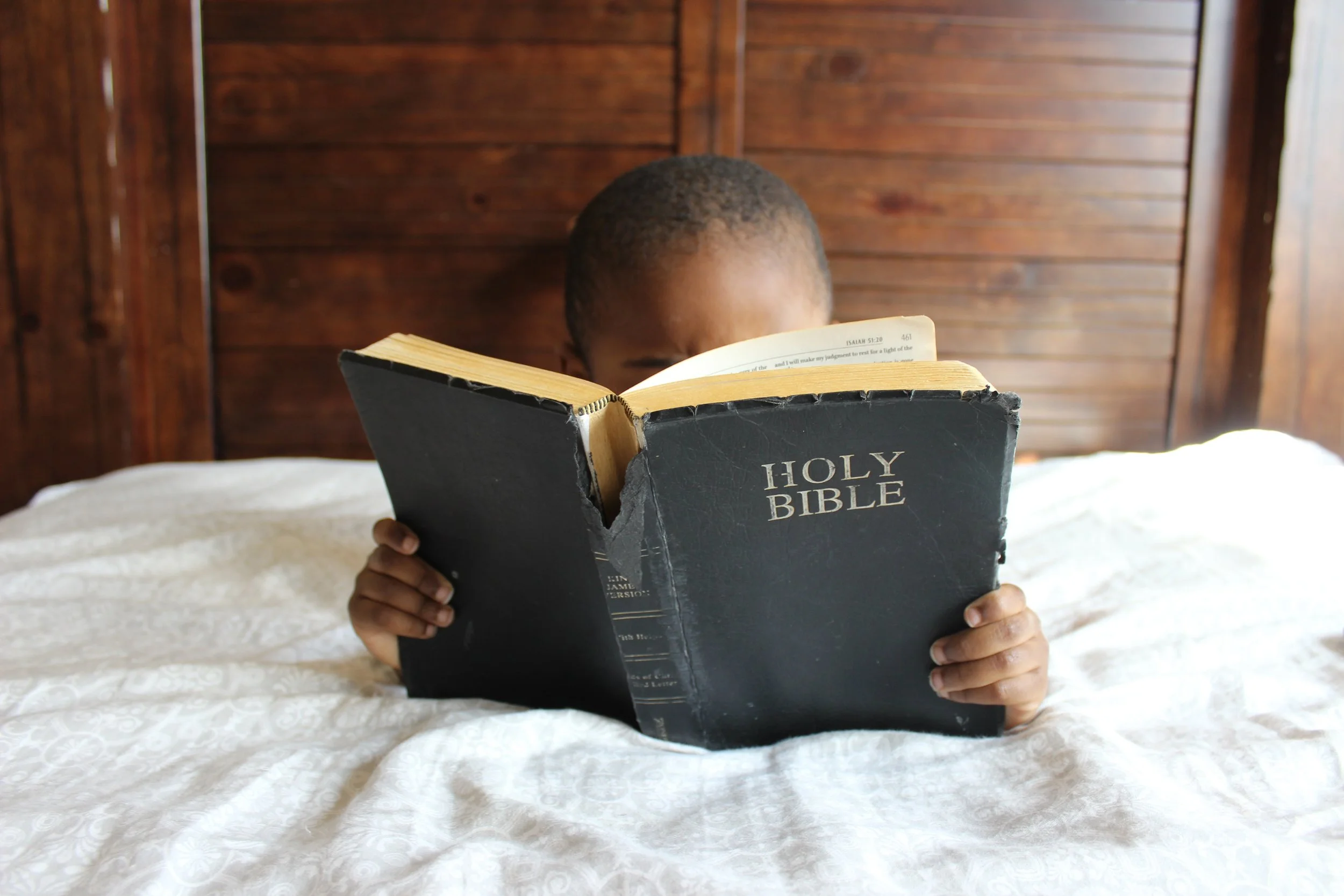They clear the roads to a pretty high standard in southwestern Michigan, which is just as well as it means you can see the devastating potholes the recent polar vortex left behind.
There are a lot of potholes on the road to affirmation. We spend a great deal of time worrying about what others think of us. Most of us want to be well-liked. Nobody likes to be on the outside of the “in” circle. This pushes us to do all sorts of things we don’t want to do in the desperate search for approval. People become depressed and even resort to self-harm when they feel nobody likes them. We tailor our conduct and even our appearance to make ourselves more acceptable to those around us. Our lives become hostage to our perception of what someone else’s opinion may or may not be.




